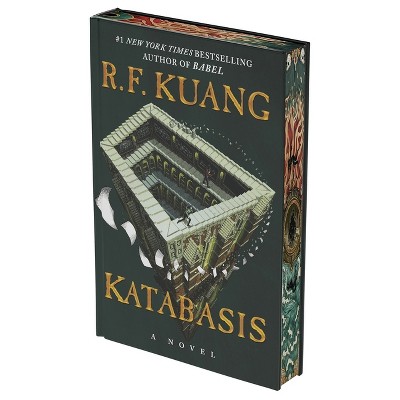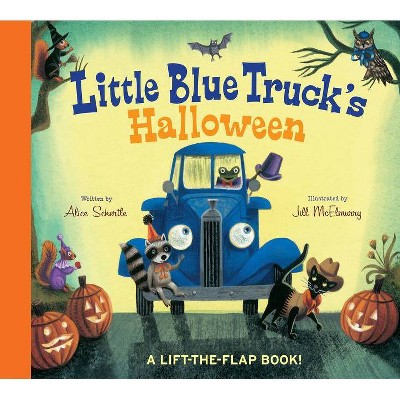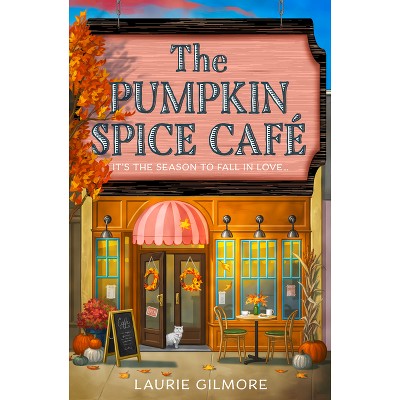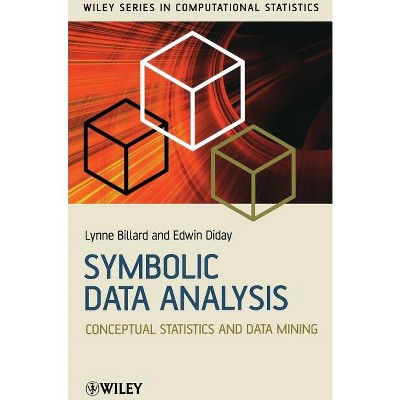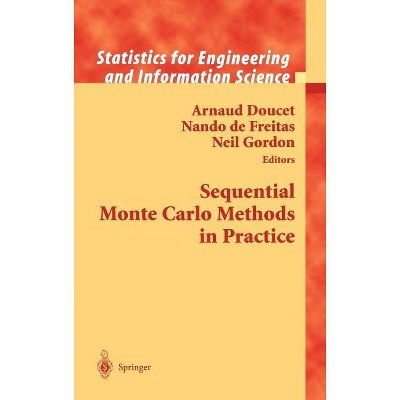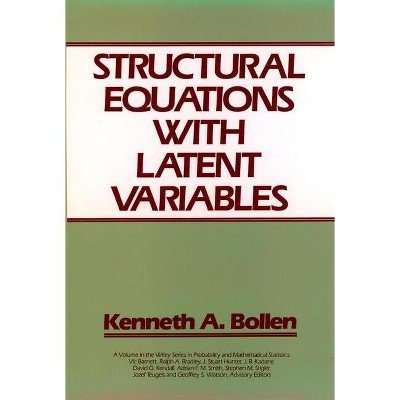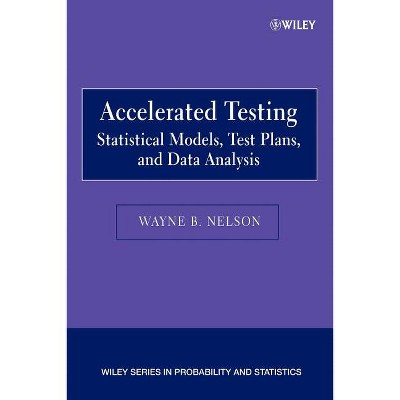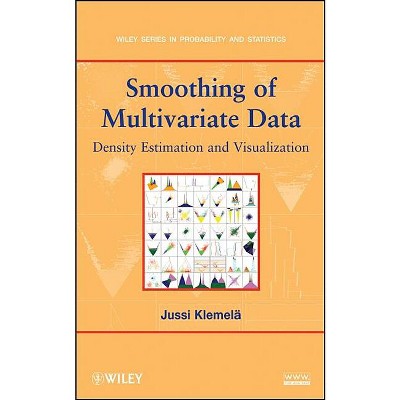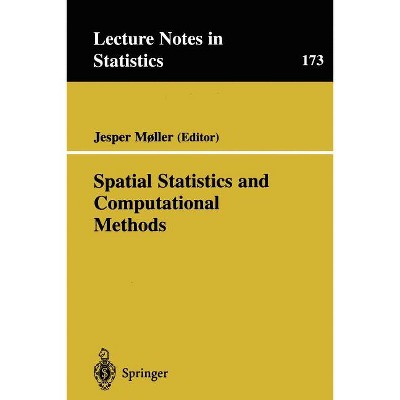Advanced Markov Chain Monte Carlo - (Wiley Computational Statistics) by Faming Liang & Chuanhai Liu & Raymond Carroll (Hardcover)

About this item
Highlights
- Markov Chain Monte Carlo (MCMC) methods are now an indispensable tool in scientific computing.
- About the Author: Faming Liang, Associate Professor, Department of Statistics, Texas A&M University.
- 384 Pages
- Mathematics, Probability & Statistics
- Series Name: Wiley Computational Statistics
Description
Book Synopsis
Markov Chain Monte Carlo (MCMC) methods are now an indispensable tool in scientific computing. This book discusses recent developments of MCMC methods with an emphasis on those making use of past sample information during simulations. The application examples are drawn from diverse fields such as bioinformatics, machine learning, social science, combinatorial optimization, and computational physics.Key Features:
- Expanded coverage of the stochastic approximation Monte Carlo and dynamic weighting algorithms that are essentially immune to local trap problems.
- A detailed discussion of the Monte Carlo Metropolis-Hastings algorithm that can be used for sampling from distributions with intractable normalizing constants.
- Up-to-date accounts of recent developments of the Gibbs sampler.
- Comprehensive overviews of the population-based MCMC algorithms and the MCMC algorithms with adaptive proposals.
This book can be used as a textbook or a reference book for a one-semester graduate course in statistics, computational biology, engineering, and computer sciences. Applied or theoretical researchers will also find this book beneficial.
From the Back Cover
Markov Chain Monte Carlo (MCMC) methods are now an indispensable tool in scientific computing. This book discusses recent developments of MCMC methods with an emphasis on those making use of past sample information during simulations. The application examples are drawn from diverse fields such as bioinformatics, machine learning, social science, combinatorial optimization, and computational physics.Key Features:
- Expanded coverage of the stochastic approximation Monte Carlo and dynamic weighting algorithms that are essentially immune to local trap problems.
- A detailed discussion of the Monte Carlo Metropolis-Hastings algorithm that can be used for sampling from distributions with intractable normalizing constants.
- Up-to-date accounts of recent developments of the Gibbs sampler.
- Comprehensive overviews of the population-based MCMC algorithms and the MCMC algorithms with adaptive proposals.
- Accompanied by a supporting website featuring datasets used in the book, along with codes used for some simulation examples.
This book can be used as a textbook or a reference book for a one-semester graduate course in statistics, computational biology, engineering, and computer sciences. Applied or theoretical researchers will also find this book beneficial.
Review Quotes
"The book is suitable as a textbook for one-semester courses on Monte Carlo methods, offered at the advance postgraduate levels." (Mathematical Reviews, 1 December 2012)
"Researchers working in the field of applied statistics will profit from this easy-to-access presentation. Further illustration is done by discussing interesting examples and relevant applications. The valuable reference list includes technical reports which are hard to and by searching in public data bases." (Zentralblatt MATH, 2011)
"This book can be used as a textbook or a reference book for a one-semester graduate course in statistics, computational biology, engineering, and computer sciences. Applied or theoretical researchers will also find this book beneficial." (Breitbart.com: Business Wire, 1 February 2011)
"The Markov Chain Monte Carlo method has now become the dominant methodology for solving many classes of computational problems in science and technology." (SciTech Book News, December 2010)
About the Author
Faming Liang, Associate Professor, Department of Statistics, Texas A&M University.
Chuanhai Liu, Professor, Department of Statistics, Purdue University.
Raymond J. Carroll, Distinguished Professor, Department of Statistics, Texas A&M University.



